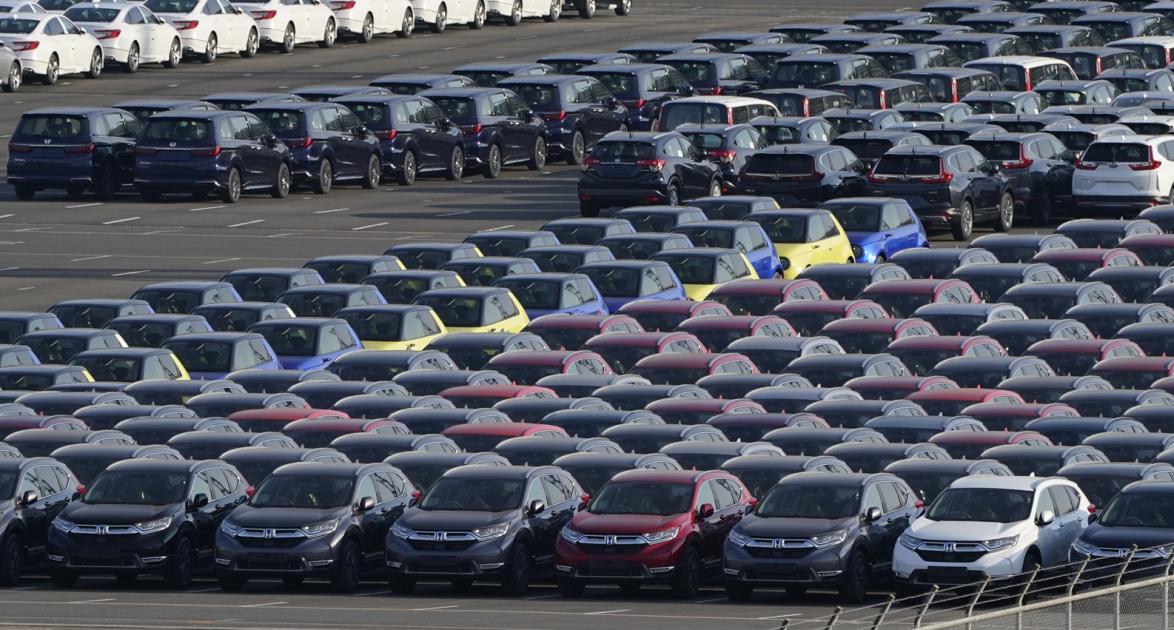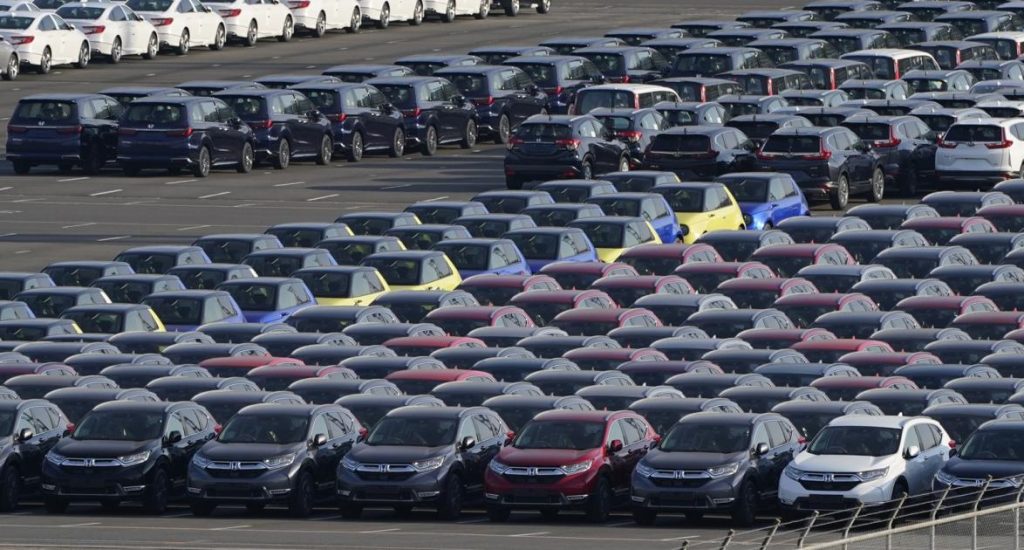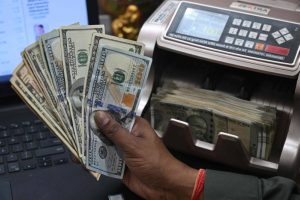On Thursday, U.S. President Donald Trump signed an order to implement the reduced tariffs announced in July on imports of cars and other goods from Japan.
The uncertainty for Japan’s massive auto sector decreases as a $550 billion Japanese investment agreement in U.S. projects is formalized, marking a deal between the United States and its major Asian ally after months of negotiations.
The reduced tariffs on Japanese cars will take effect seven days after the order’s publication.
Trump’s order means that U.S. tariffs on Japanese cars will be reduced from the current 27.5% to 15% by the end of this month, Reuters reported earlier citing a Japanese government source.
The tariffs imposed by Trump on global shipments have severely damaged Japanese car manufacturers. Last month, Toyota said it expects losses of nearly $10 billion due to Trump’s tariffs on car exports to the U.S.
Text of Trump’s Order
The order states that Japan “is working on the swift implementation of increasing its purchases of U.S. rice by 75%… and purchases of U.S. agricultural goods, including corn, soybeans, fertilizers, and bioethanol,” among other American products totaling $8 billion annually.
Under the agreement, Japan will buy 100 Boeing aircraft and increase defense spending with American companies to $17 billion annually, up from $14 billion, the White House said in July.
Japan said in July that its share of U.S. rice imports may increase under the current framework but the agreement “does not sacrifice” Japanese agriculture.
The order signed by Trump confirms the Japanese government’s approval of a $550 billion investment in the United States in projects selected by the U.S. government.
Trade volume between the two countries reached about $230 billion in 2024, with Japan achieving a trade surplus of around $70 billion.














Recommended for you
Exhibition City Completes About 80% of Preparations for the Damascus International Fair Launch
Al-Jaghbeer: The Industrial Sector Leads Economic Growth
Unified Admission Applications Start Tuesday with 640 Students to be Accepted in Medicine
Ministry of Media Announces the 10th Edition of 'Media Oasis'
Talib Al-Rifai Chronicles Kuwaiti Art Heritage in "Doukhi.. Tasaseem Al-Saba"
Afghan Energy and Water Minister to Al Jazeera: We Build Dams with Our Own Funds to Combat Drought